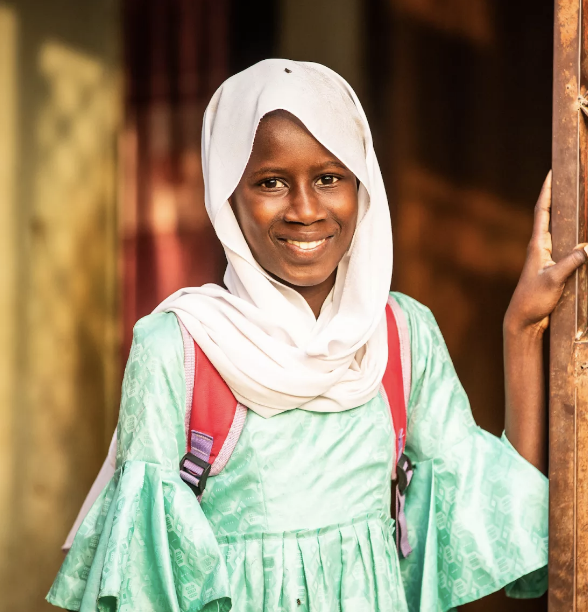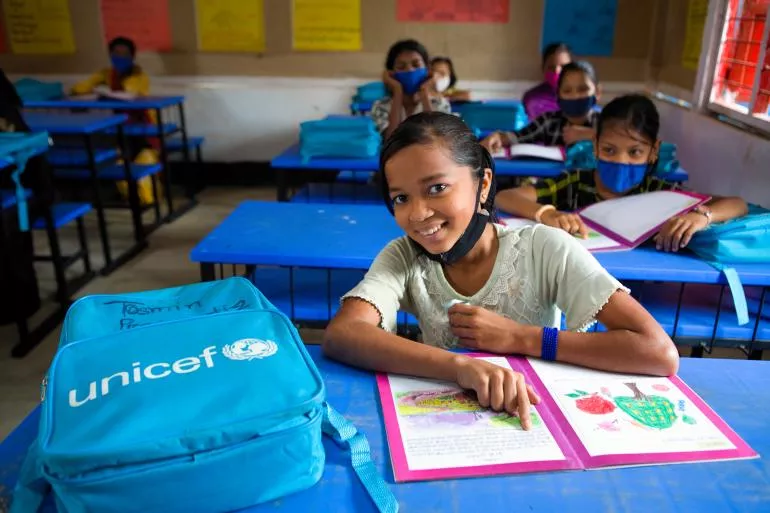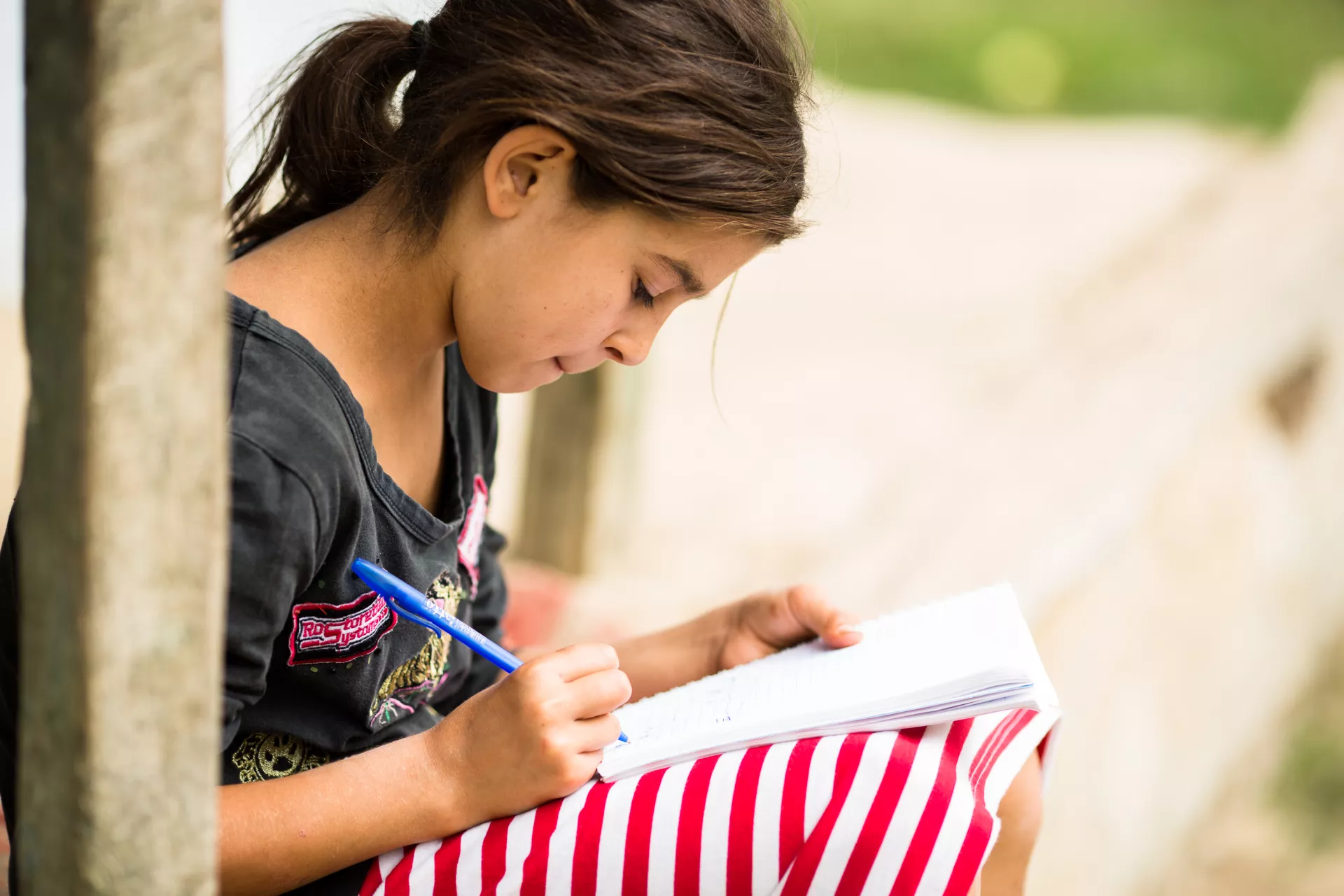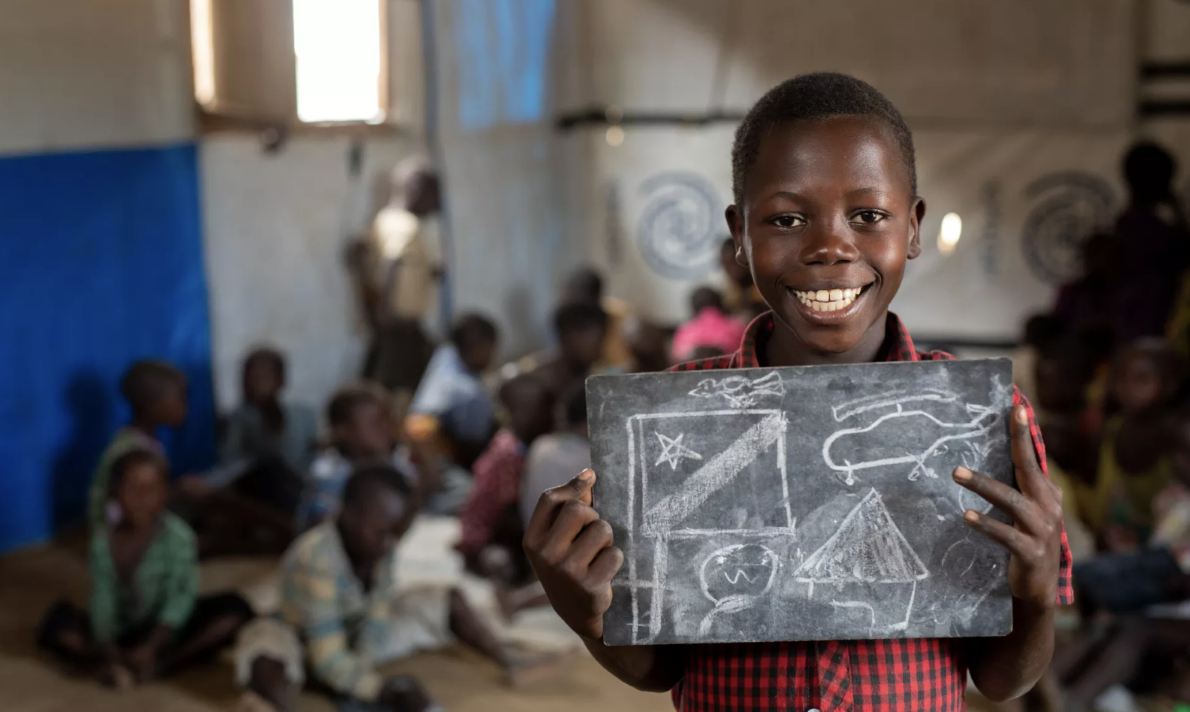The Importance of Education in Sub-Saharan Africa
Breaking the cycle of poverty through education
Sub-Saharan Africa faces the world's most severe education crisis, with 118 million learners out of school and the highest learning poverty rates globally. This crisis perpetuates cycles of poverty, conflict, and inequality, affecting millions of children who deserve the chance to learn, grow, and build better futures for themselves and their communities.
The Scale of the Crisis
Countries Most Affected
Learning Poverty Crisis
The Reading Crisis in Numbers
Learning poverty - the inability to read and understand a simple text by age 10 - affects 9 out of 10 children in Sub-Saharan Africa, the highest rate globally. This crisis has devastating long-term consequences for individuals and entire societies.
Gender Disparities in Education
Girls Face Greater Barriers
Girls in Sub-Saharan Africa face disproportionate barriers to education, with cultural practices, economic constraints, and safety concerns preventing millions from accessing their right to learn.


The Transformative Power of Education
Why Education Matters: The Evidence
Economic Impact
more likely to escape poverty with primary education
salary increase per additional year of schooling
Health Benefits
child deaths under 5 could be avoided
adult deaths could be prevented worldwide
Social Impact
Decreases child marriage rates and reduces violence and political instability in communities
Awa's Journey: A Story of Determination

From Household Chores to Healthcare Dreams
The Move
Awa traveled 30 kilometers to live with her uncle and aunt in the city
Daily Responsibilities
Long days filled with shopping, cooking, and cleaning in exchange for lodging
Evening Education
After completing chores, attending literacy classes starting at 6:30 PM
Healthcare Dreams
Determined to use education as a stepping stone to a profession in health
I don't know what the future has in store for me but this is my second chance and I don't want to waste it.


